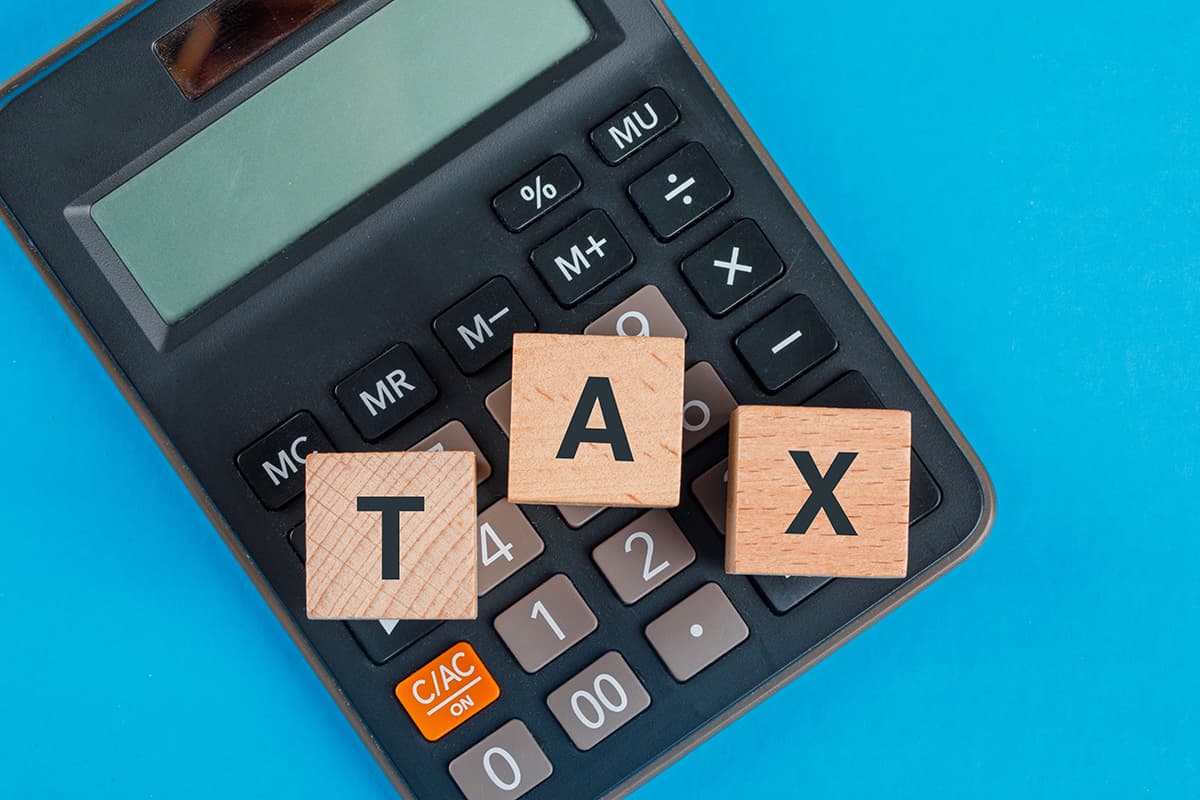Before investing in mutual funds, understanding taxation is crucial. While mutual funds help you grow wealth, the returns you earn are subject to certain tax rules under Indian law.
Here’s a simple guide to how different types of mutual funds are taxed in India.
Types of Mutual Funds and Their Taxation
The taxation of mutual funds in India depends mainly on two factors — the type of fund and the holding period.
1. Equity Mutual Funds
Equity funds are those that invest at least 65% of their portfolio in equity and equity-related instruments.
a) Short-Term Capital Gains (STCG):
If you sell your equity mutual fund units within 12 months of investment, the gains are considered short-term and taxed at 20%.
b) Long-Term Capital Gains (LTCG):
If you sell after 12 months, the gains are long-term.
LTCG up to ₹1 lakh per financial year is tax-free, and gains above ₹1.25 lakhs are taxed at 12.5% (without indexation benefit).
2. Debt Mutual Funds
Debt funds primarily invest in fixed-income securities like bonds, government securities, or corporate debt.
From April 1, 2023, all capital gains from debt mutual funds are taxed as per your income tax slab rate, regardless of the holding period.
This means the earlier benefit of long-term capital gains with indexation is no longer available.
Example:
If you fall in the 20% tax bracket, your debt fund gains will also be taxed at 20%, whether you sell after 1 year or 5 years.
3. Hybrid or Balanced Funds
Taxation for hybrid funds depends on their equity exposure:
- If equity exposure is 65% or more, they are taxed like equity funds.
- If equity exposure is less than 65%, they are taxed like debt funds.
4. Dividends from Mutual Funds
Dividends from mutual funds are added to your total income and taxed according to your income tax slab.
Additionally, mutual fund houses may deduct TDS (Tax Deducted at Source) at 10% if the dividend exceeds ₹5,000 in a financial year.
5. SIP Taxation
Each SIP installment is treated as a separate investment for tax purposes.
This means if you’ve been investing monthly through SIP, the holding period for each installment will be calculated individually when you redeem.
Example:
If you started an SIP in January 2024 and sold all your units in February 2025, only the units bought in Jan 2024 would qualify for long-term gains (over 12 months). Later installments would still be considered short-term.
6. ELSS (Equity Linked Savings Scheme) Taxation
ELSS funds are equity-oriented funds with a 3-year lock-in period and tax deduction up to ₹1.5 lakh under Section 80C of the Income Tax Act.
The capital gains after redemption are treated as LTCG and taxed at 10% beyond ₹1 lakh exemption.
Tips to Save Tax on Mutual Funds
- Invest in ELSS funds to claim 80C benefits.
- Stay invested for longer periods in equity funds to enjoy lower LTCG rates.
- Redeem strategically — avoid selling all units at once to manage your taxable income.
Use SIPs for long-term planning, which naturally help in spreading tax liability over time.
Conclusion
Taxation shouldn’t discourage you from investing in mutual funds — instead, understanding it helps you make smarter decisions.
Equity funds are more tax-efficient for long-term investors, while ELSS funds provide both tax savings and growth opportunities.
At RingMoney, we make mutual fund investing easy, transparent, and compliant with all tax regulations. You can explore funds, start SIPs, and track returns — all while staying aware of the tax implications.








